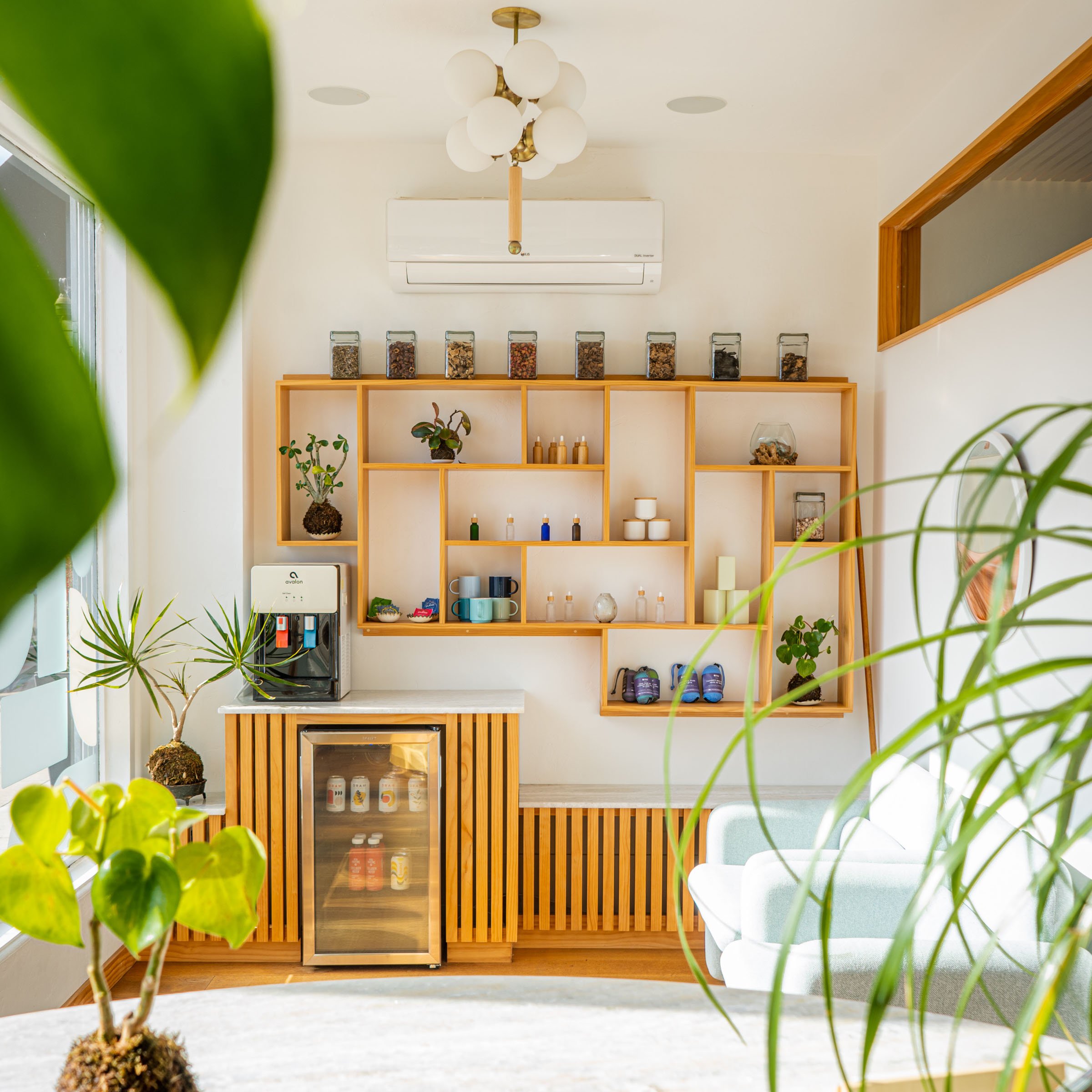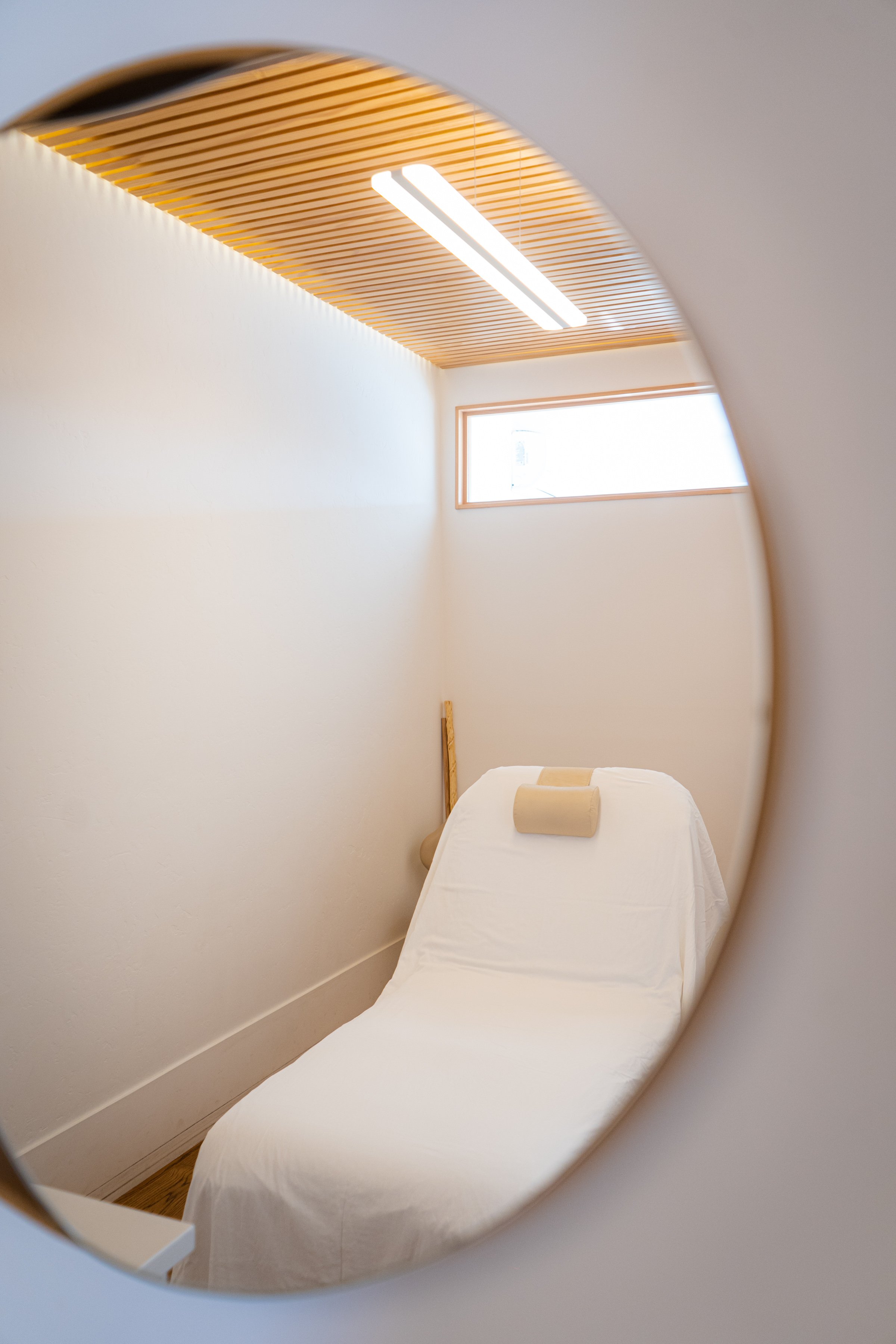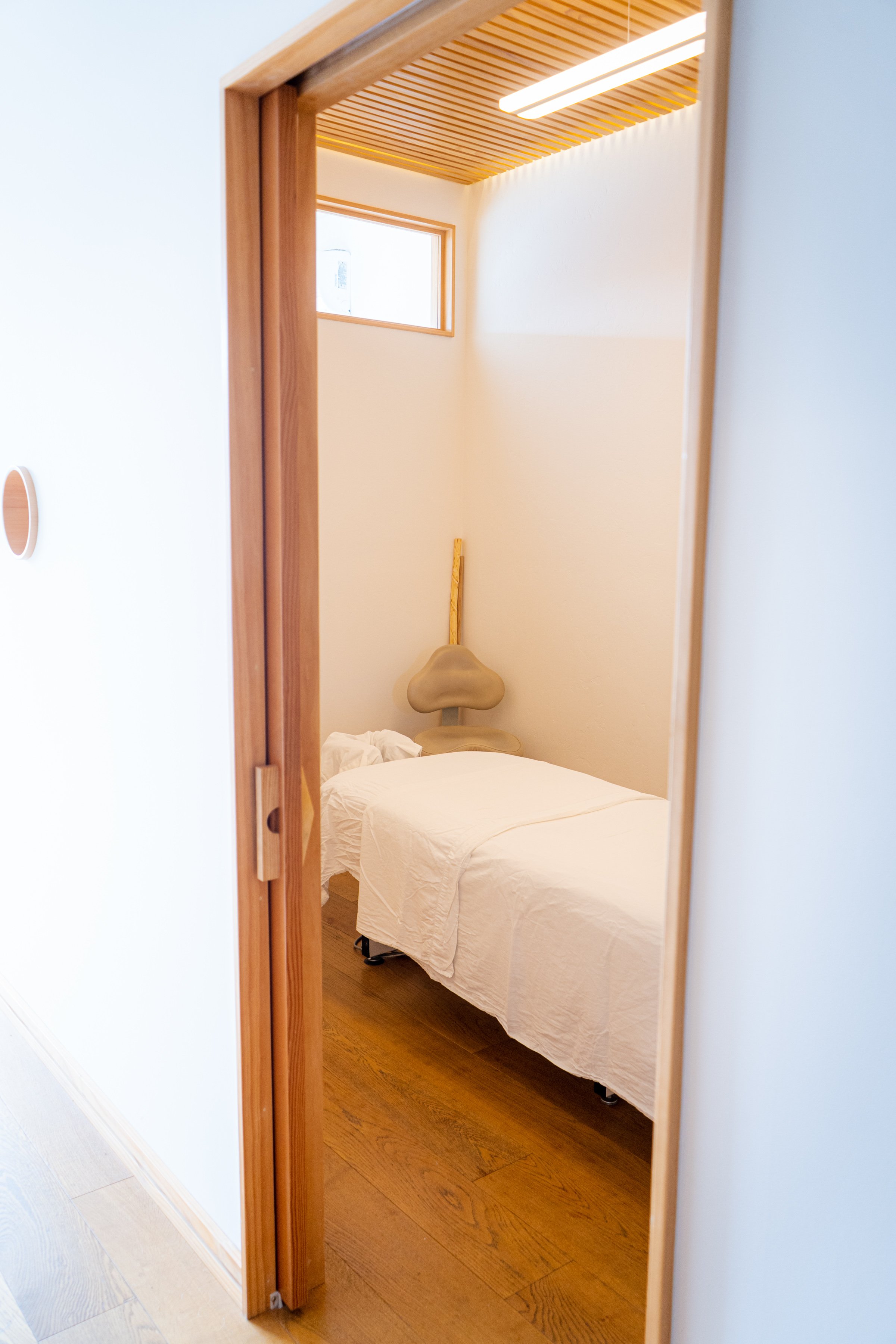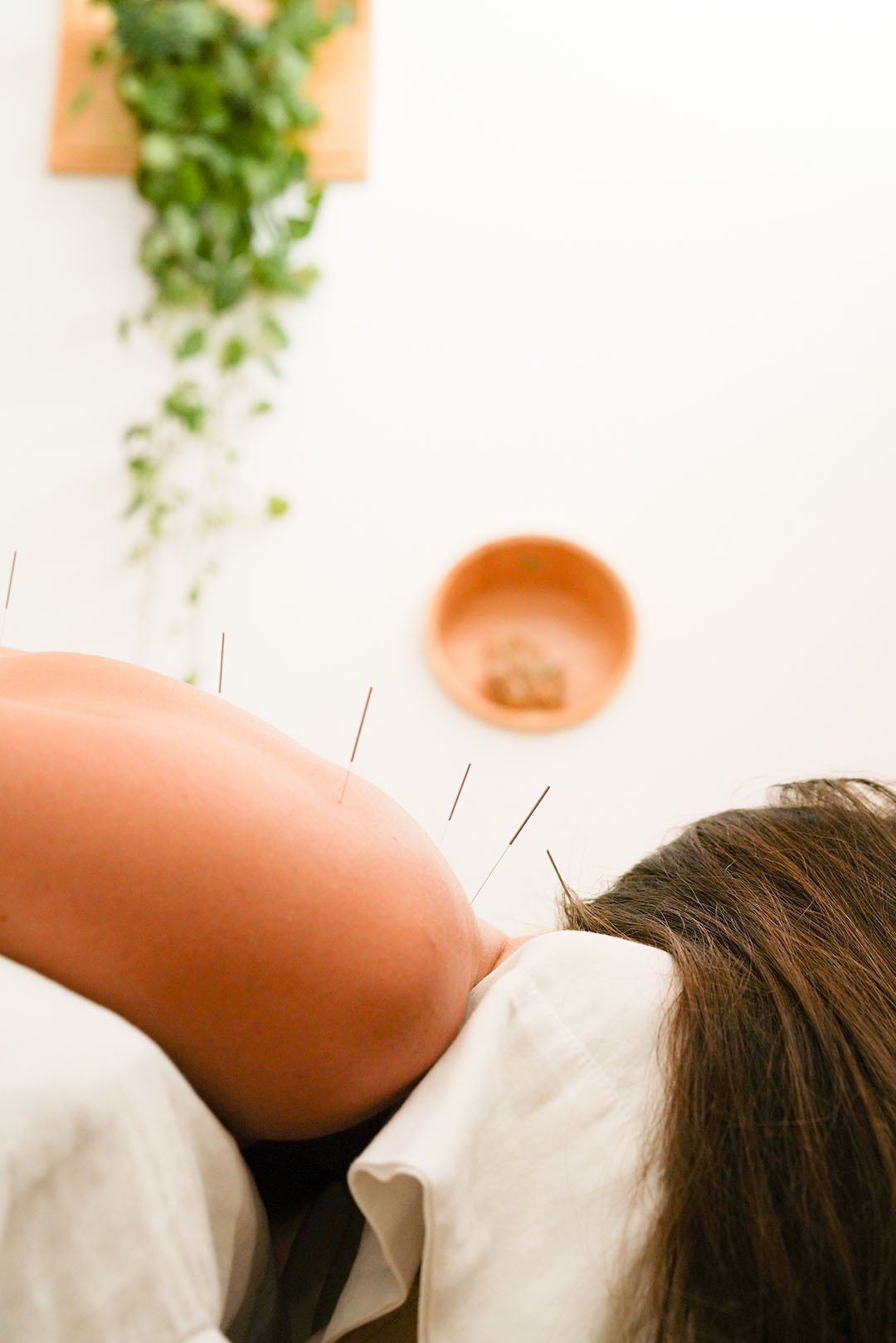Acupuncture
Ancient Wisdom for Modern People
At Essential Medicine in San Diego, CA, we specialize in integrative acupuncture that combines ancient practices with modern biomedicine to deliver comprehensive and effective care. Our holistic approach addresses your unique health needs, offering personalized treatments for body, mind, and spirit, ensuring that every aspect of your well-being is nurtured. Experience dedicated, patient-centered care in the heart of La Jolla Village, where your health journey is our priority.
Discover San Diego’s Ultimate Acupuncture Retreat
At Essential Medicine in San Diego, CA, we offer more than just exceptional care; we provide a truly transformative wellness experience that reshapes your approach to health and healing. Our practice is deeply rooted in the profound wisdom of Chinese Medicine, a time-honored system that has been healing people for thousands of years. We don’t just treat the symptoms you experience on the surface, we delve deeper to uncover and address the underlying causes of your health issues. At Essential Medicine, we are committed to guiding you on a journey toward a healthier, more vibrant you, one that goes beyond temporary relief and leads to true, enduring transformation.
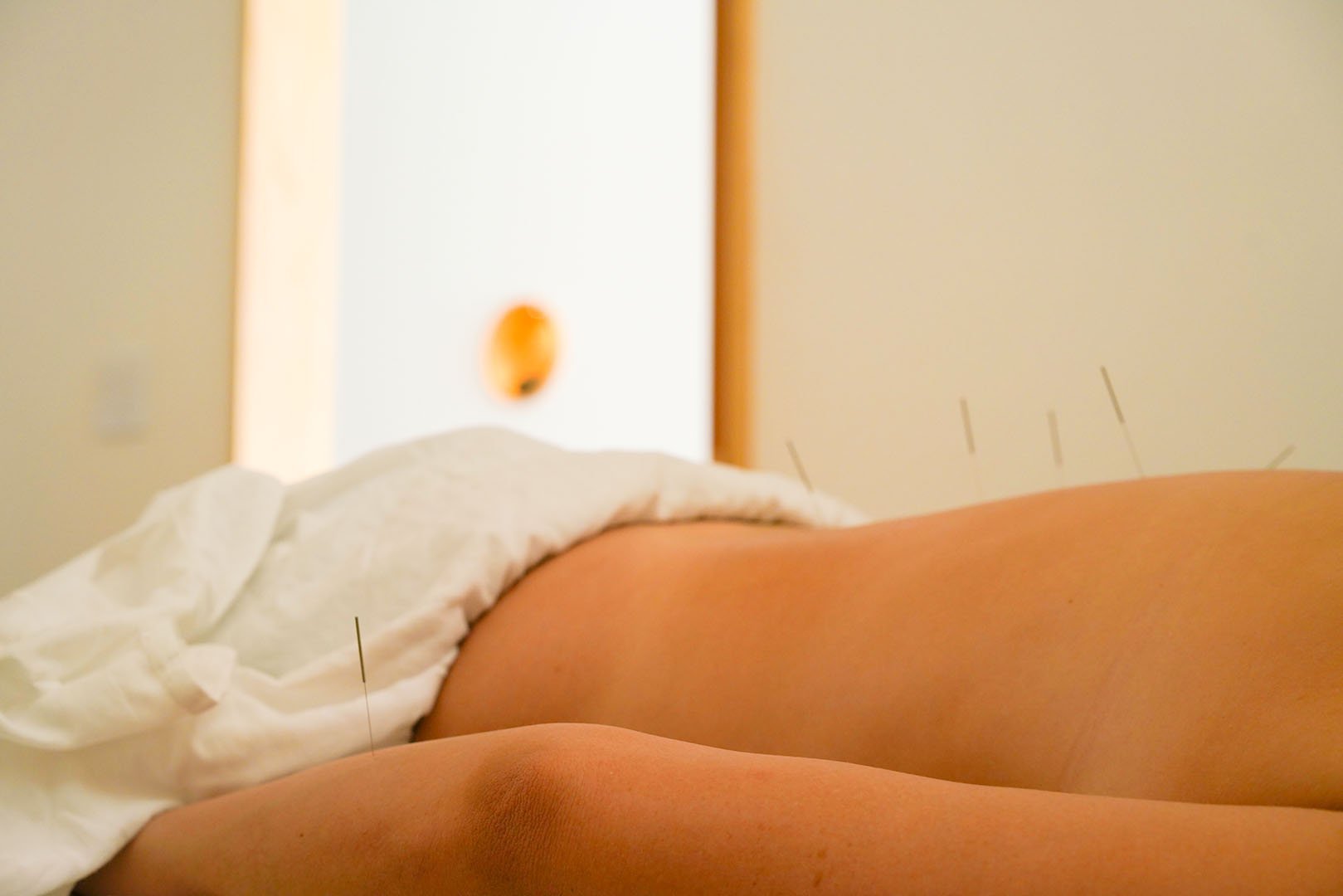
Discover How Acupuncture Can Transform Your Health
Our expert acupuncturists skillfully treat a wide range of conditions, from chronic pain and stress to digestive disorders and skin conditions, using an integrative approach that harmonizes body, mind, and spirit. Whether you're dealing with migraines, insomnia, allergies, or hormonal imbalances, our personalized treatments are designed to restore your natural balance and elevate your overall well-being. Discover the power of acupuncture in managing everything from fatigue and respiratory conditions to postoperative recovery and high blood pressure, all while receiving dedicated, compassionate care that supports your unique health journey.
Experience the Life-Changing Benefits of Acupuncture
Chronic Pain: Acupuncture can help alleviate persistent pain conditions such as back pain, migraines, and arthritis by stimulating the body’s natural painkillers.
Stress and Anxiety: By balancing the body's energy and calming the nervous system, acupuncture is effective in reducing stress and anxiety levels.
Insomnia: Acupuncture improves sleep quality by addressing imbalances that may be causing sleep disturbances.
Digestive Disorders: Conditions like IBS, acid reflux, and gastritis can be managed through acupuncture by promoting digestive health and reducing inflammation.
Fertility and Menstrual Issues: Acupuncture supports reproductive health by regulating hormones and improving blood flow to reproductive organs.
Headaches and Migraines: Acupuncture reduces the frequency and intensity of headaches and migraines by targeting specific pressure points.
Allergies: By boosting the immune system and reducing inflammation, acupuncture helps manage seasonal allergies and asthma.
High Blood Pressure: By promoting relaxation and improving circulation, acupuncture can help manage hypertension.
Depression: Acupuncture can complement other treatments by balancing neurotransmitters and improving mood.
Fatigue: Acupuncture restores energy levels by addressing underlying causes of fatigue, such as stress or poor circulation.
Postoperative Recovery: Acupuncture aids in speeding up recovery time and reducing pain after surgery by enhancing circulation and promoting healing.
Hormonal Imbalances: Acupuncture can help regulate hormonal activity, assisting with conditions like PMS, menopause, and thyroid issues.
Respiratory Conditions: Asthma, bronchitis, and sinusitis can be alleviated through acupuncture, which helps clear airways and reduce inflammation.
Immune Support: Regular acupuncture sessions can strengthen the immune system, making the body more resilient to infections and illnesses.
Joint and Muscle Injuries: Acupuncture accelerates healing and reduces pain and inflammation in joint and muscle injuries.
Skin Conditions: Acupuncture can improve skin health by addressing underlying imbalances that contribute to issues like acne, eczema, and psoriasis, promoting clearer and healthier skin.
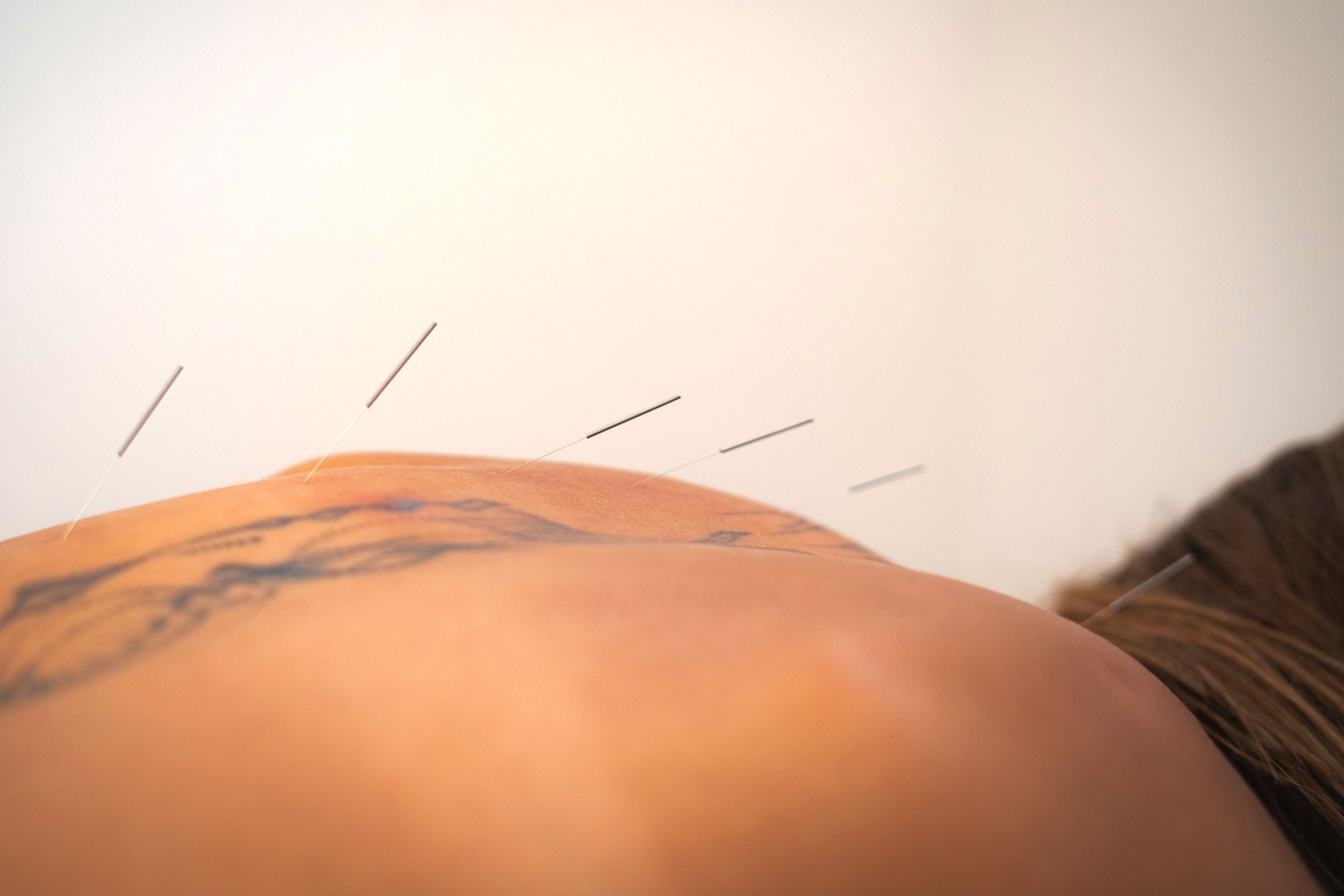
A Holistic, Personalized Approach to Lasting Wellness
Our approach is deeply personalized, recognizing that true wellness involves more than just treating isolated symptoms. We take the time to understand your unique needs and life experiences, addressing the body, mind, and spirit as interconnected aspects of your health. By considering every layer of your well-being, we create tailored treatment plans that not only alleviate immediate concerns but also promote long-term balance and vitality. This holistic perspective ensures that our care supports your entire being, fostering lasting wellness that extends beyond the treatment room and into your daily life.

Emotionally Attuned Care
Emotionally attuned care is at the heart of our practice, where we believe that healing extends beyond physical treatments. A compassionate bedside manner plays a crucial role in this process, creating a safe and supportive environment where patients feel truly heard and understood. When care is delivered with empathy and genuine connection, it fosters trust, reduces stress, and enhances the body’s natural healing abilities. By addressing not only the physical symptoms but also the emotional and psychological aspects of health, our emotionally attuned approach helps cultivate deeper, more lasting healing. This holistic care model empowers patients to embrace their wellness journey with confidence, knowing they are supported every step of the way.
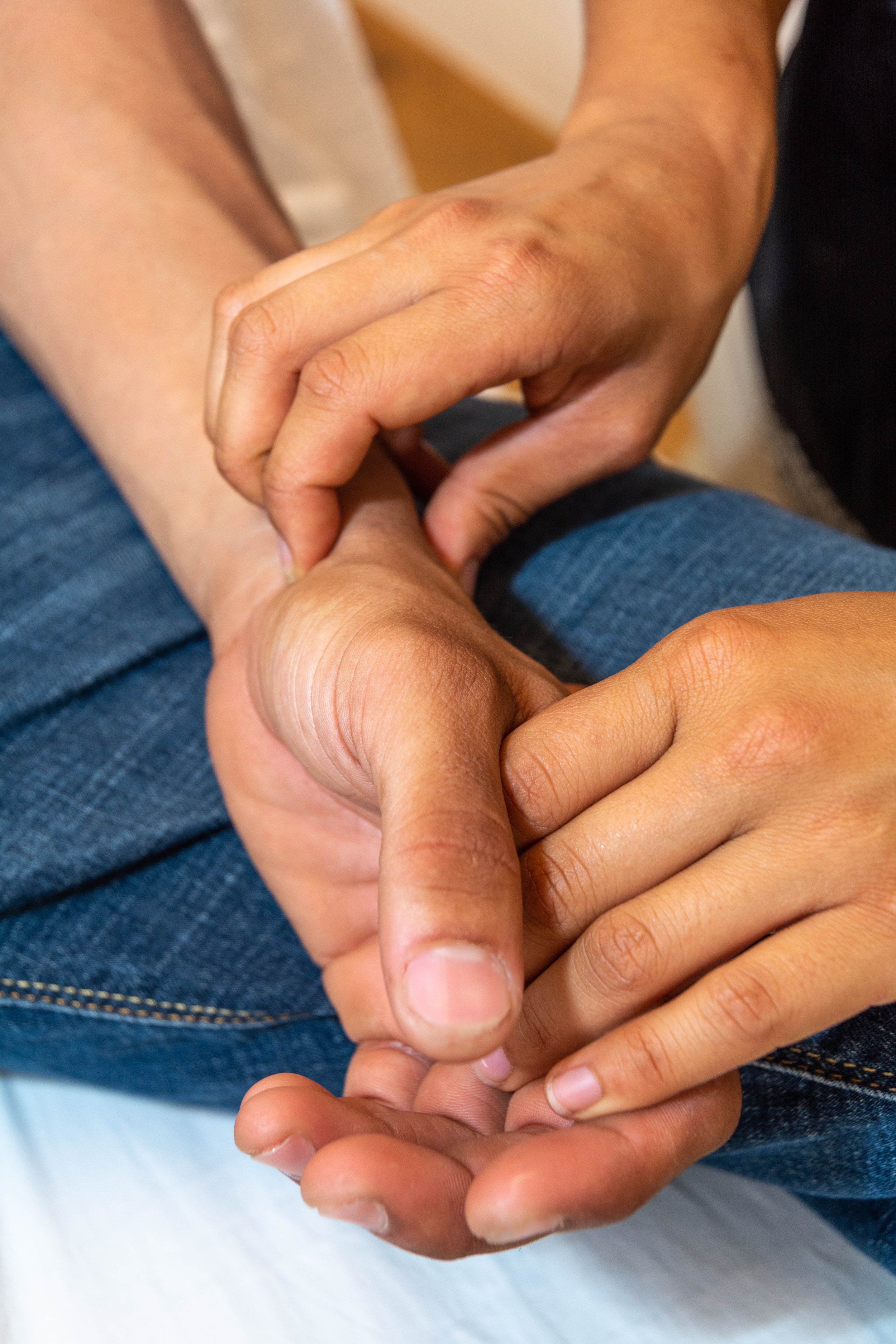
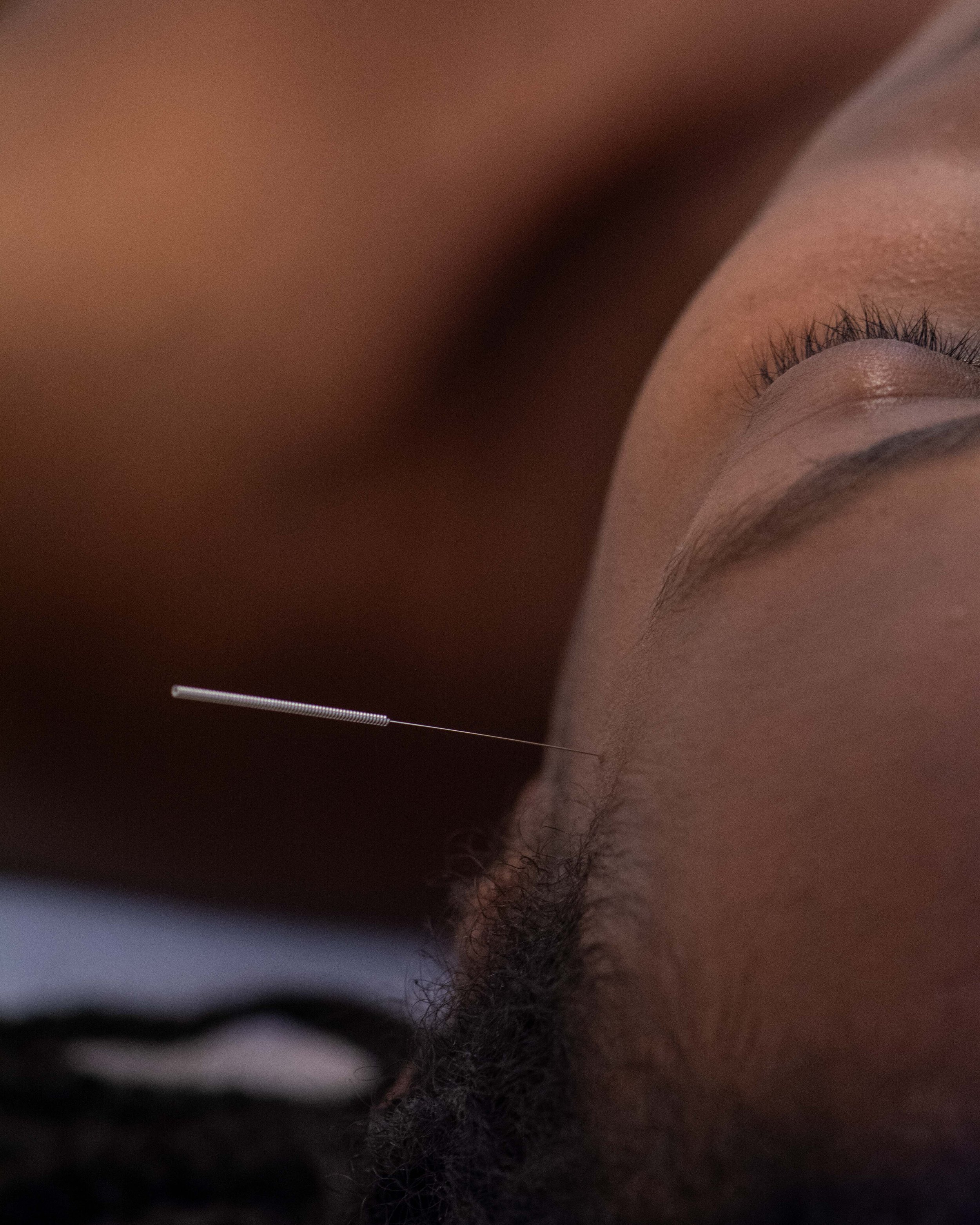
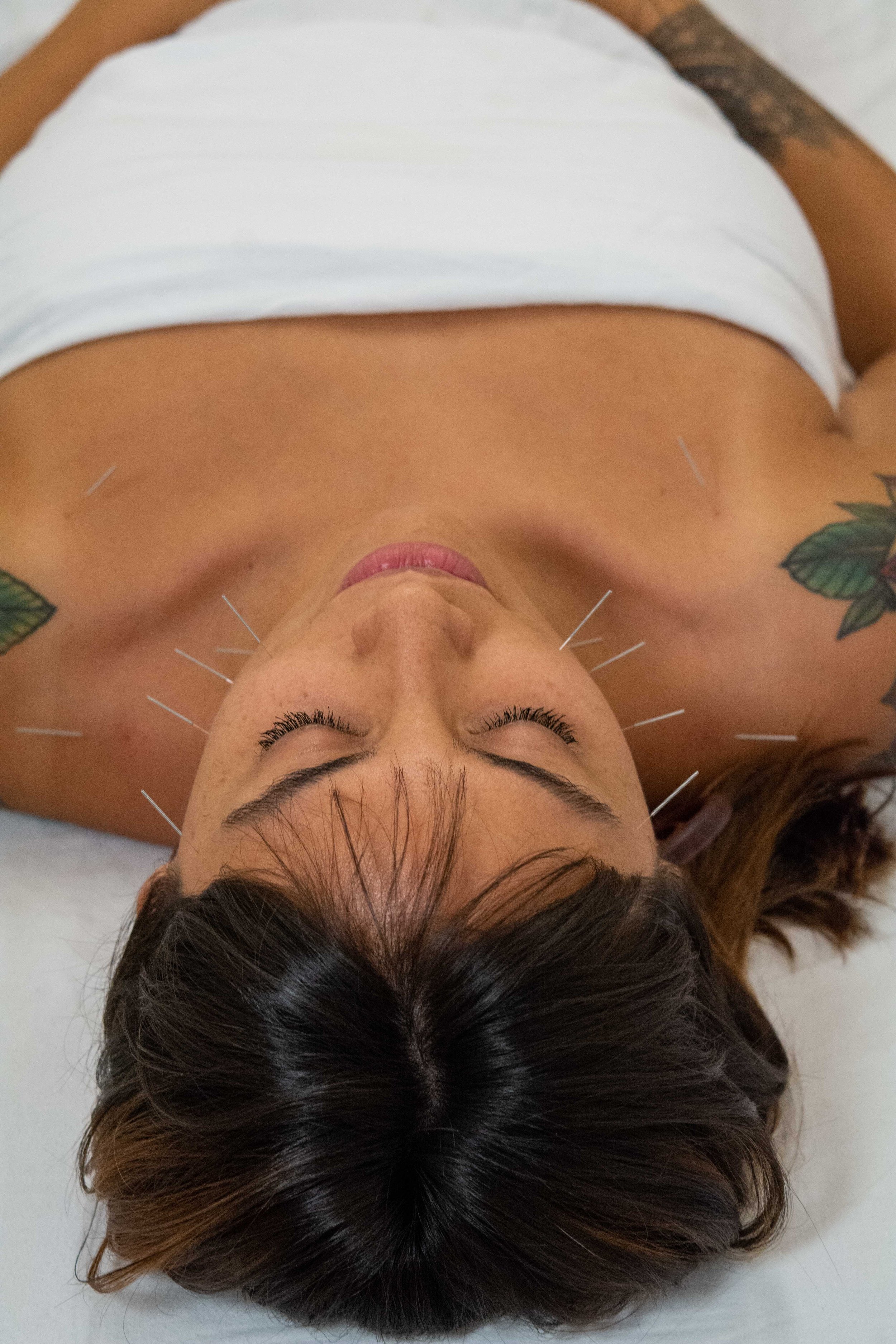
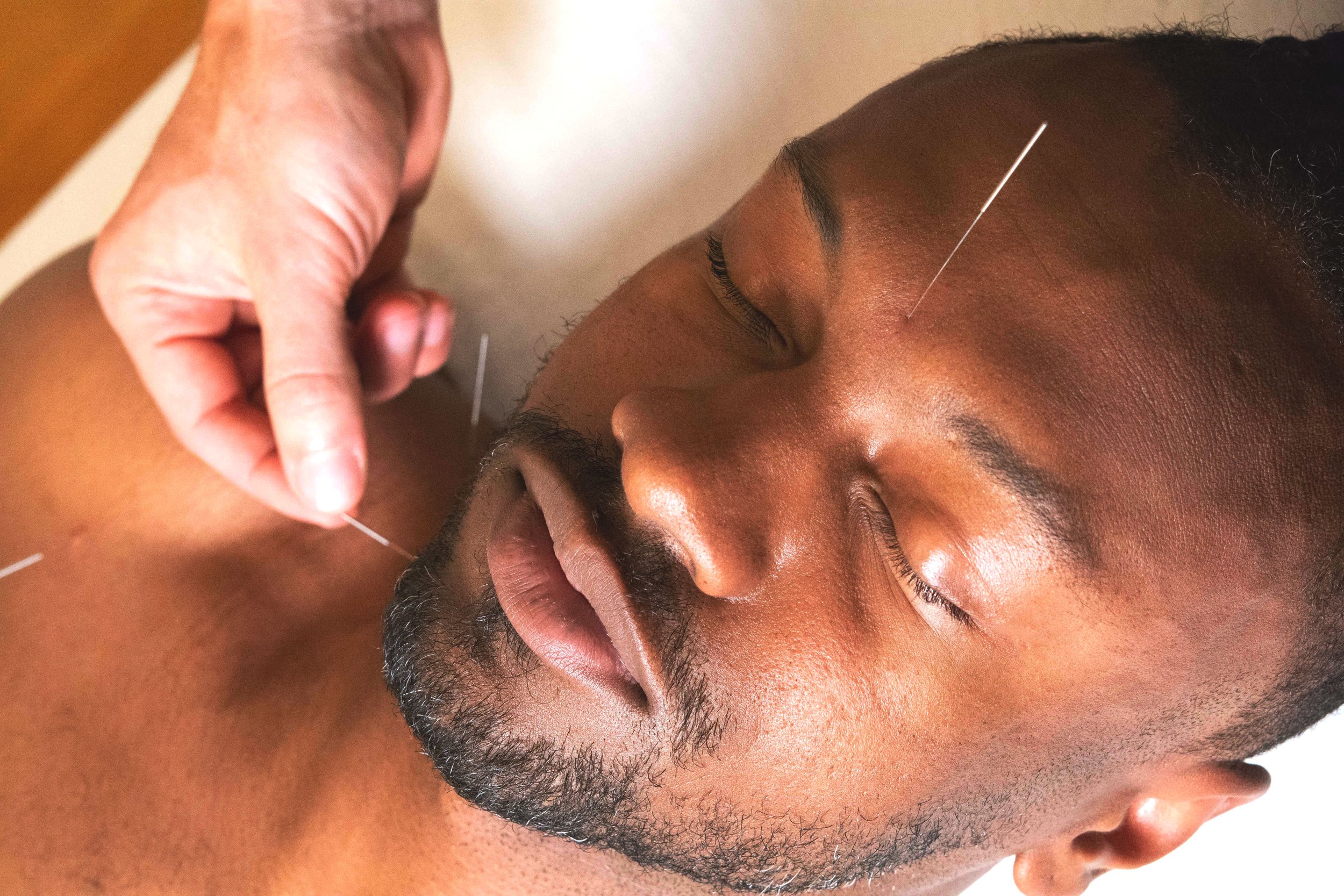
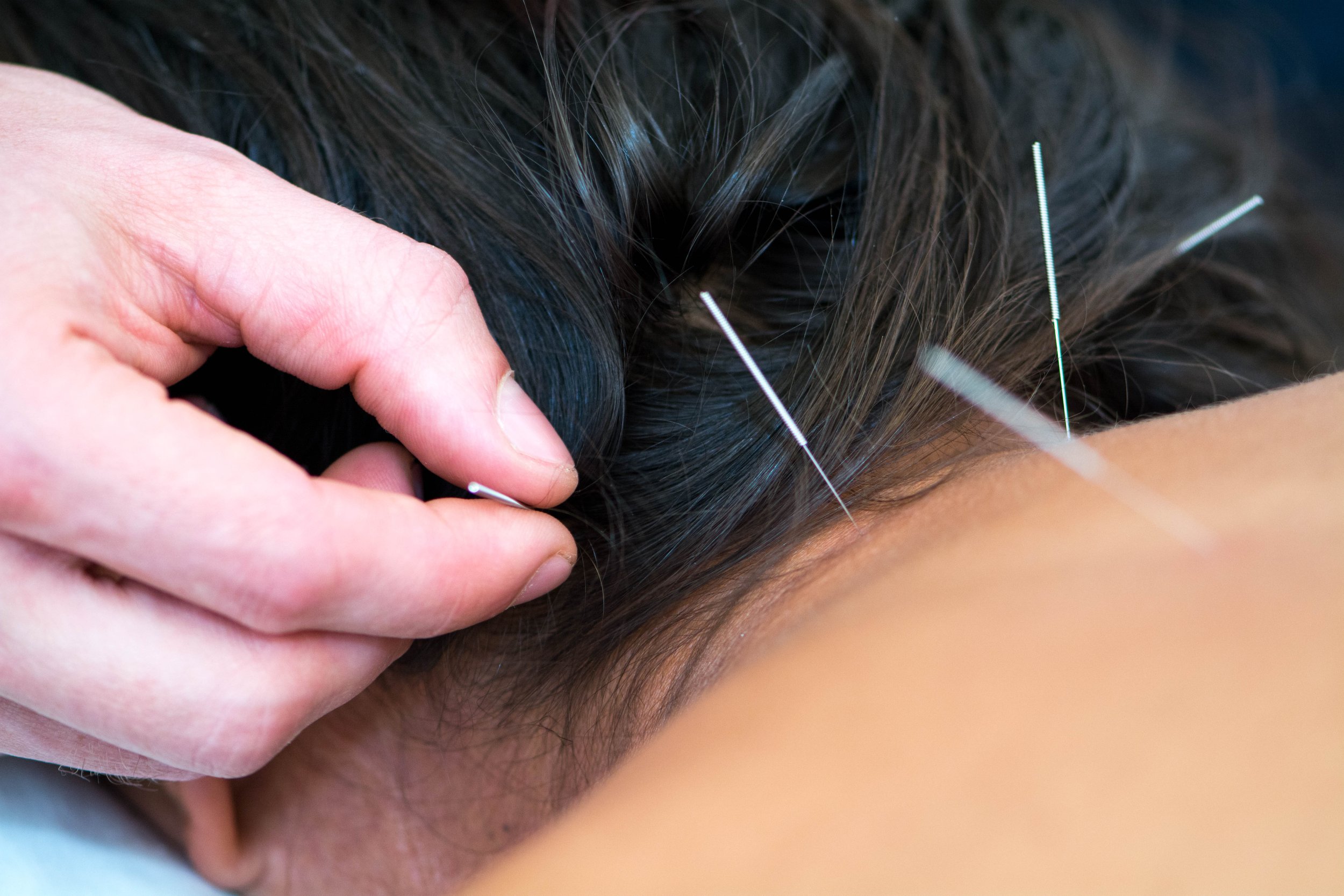

A Sanctuary for Healing: Our Impeccably Designed Clinic Space
Our clinic space is uniquely and intentionally designed to be a sanctuary for healing and rejuvenation. Every detail, from the calming colors to the soothing sounds and natural elements, has been thoughtfully chosen to create an environment that nurtures both body and mind. The tranquil atmosphere allows patients to fully relax and immerse themselves in the healing process, free from the distractions of the outside world. This carefully crafted space supports our holistic approach to wellness, providing a serene backdrop where patients can feel safe, comfortable, and truly cared for as they embark on their journey to better health.

